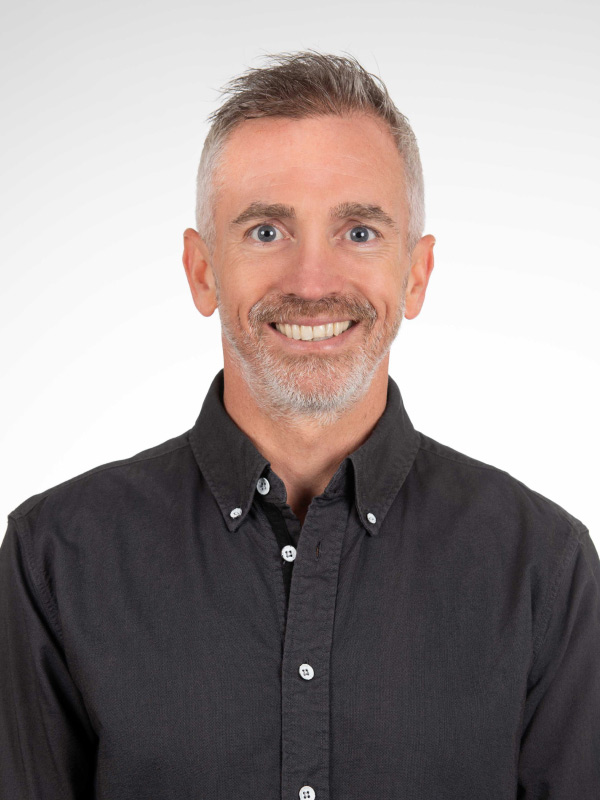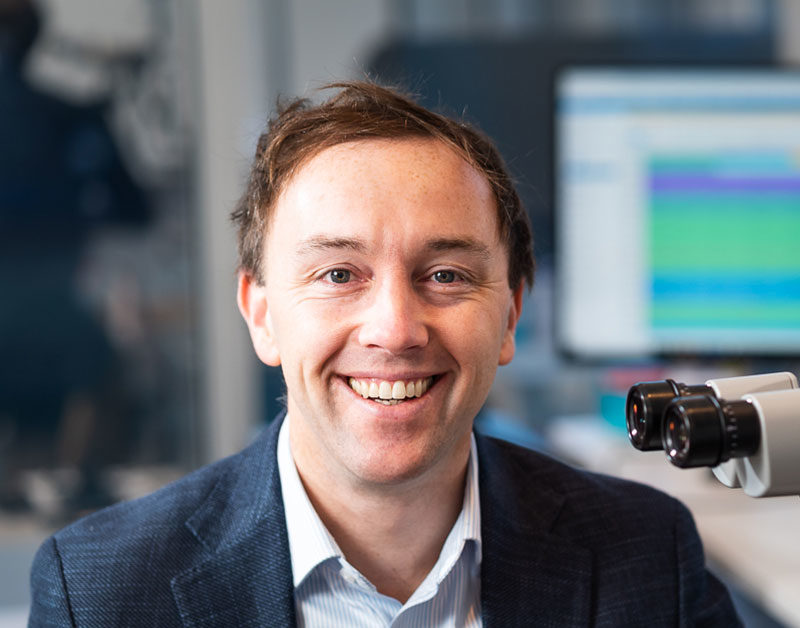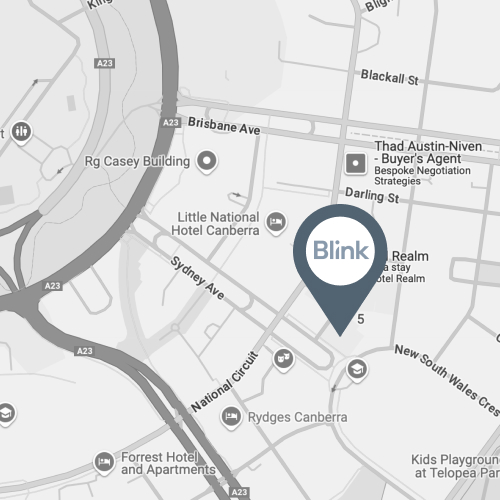Find quick answers about the treatments we offer
Learn how we support your long-term eye health
Gain visual freedom in 3 easy steps
Your journey to healthier eyes doesn’t have to be complicated. We’ve made it easy to understand and simple to start


Step 1: Get in touch
Not every treatment is right for every person. The first step is to find out if eye surgery can help you — and which option is best for your eyes. Call our friendly team on (02) 5104 0929 or use our contact form.


Step 2: We’ll meet
At your assessment, we’ll explain what’s happening with your eyes in simple terms. You’ll receive a tailored treatment plan built around your needs and lifestyle — so you can move forward with confidence.


Step 3: Enjoy healthier eyes
With the right treatment and care, you can preserve your vision, stay independent, and live life with greater clarity, confidence, and peace of mind—knowing your eye health is in expert hands for the long term.
Backed by recognised experts in eye care
Our affiliations with respected professional bodies reflect our commitment to the highest standards in patient care and clinical excellence

Hi, I’m Dr. Richard Barry
As a local specialist ophthalmologist and principal of Blink Eye Clinic in Canberra, I’m committed to delivering world-class eye care, close to home.
I’m a Fellow of the Royal Australian and New Zealand College of Ophthalmologists and have advanced international training in macular, retinal, and vitreoretinal surgery. I also specialise in complex cataract surgery using premium lenses.
With state-of-the-art technology and a personalised approach, I strive to make each patient feel heard, supported, and confident in their care.
I also proudly teach future ophthalmologists through roles at the University of Sydney and the University of Canberra.
Dr. Richard Barry

Hi, I’m Dr. Matthew Spargo
I’m a visiting specialist ophthalmologist from Sydney, consulting at Blink Eye Clinic on Mondays and Tuesdays. I trained at the University of Sydney, where I also earned a Master of Public Health.
After completing subspecialty training in paediatric ophthalmology and adult squint surgery in the UK, I developed a deep understanding of complex eye conditions in both children and adults.
I offer cataract surgery, squint correction, and treatments for childhood lid problems and watery eyes.
My goal is to make your journey through eye care as safe, clear, and reassuring as possible — with honest advice and compassionate care every step of the way.
Dr. Matthew Spargo

Hi, I’m Dr. Neera Jain
I am a cataract and glaucoma surgeon, as well as a comprehensive ophthalmologist, committed to delivering personalised, evidence-based eye care.
I grew up in Canberra and studied medicine at the University of New South Wales, graduating with First Class Honours. My specialist training was completed within the Sydney Eye Hospital network.
I then pursued advanced glaucoma fellowships at the Royal Victorian Eye and Ear Hospital in Melbourne and Moorfields Eye Hospital in London. These experiences strengthened my expertise and broadened my perspective.
I offer both public and private cataract surgery and glaucoma surgery, ensuring patients have access to high-quality surgical care tailored to their needs.
Now, as a consultant ophthalmologist at The Canberra Hospital, I also enjoy mentoring future surgeons.
Dr. Neera Jain








